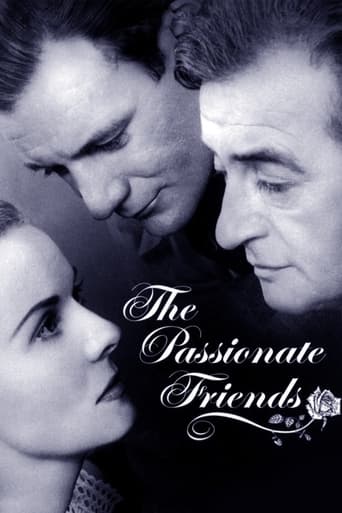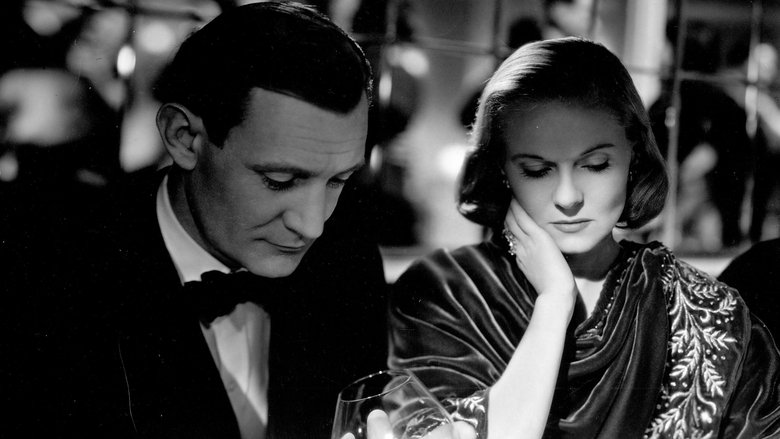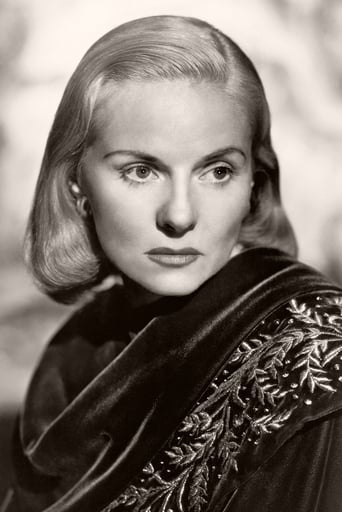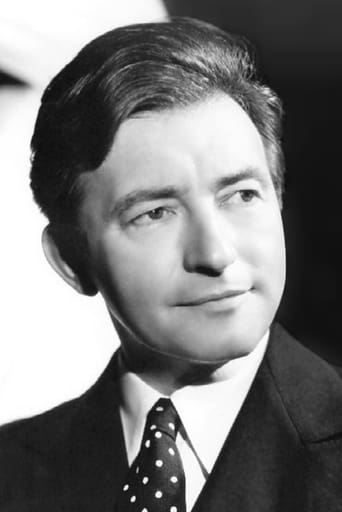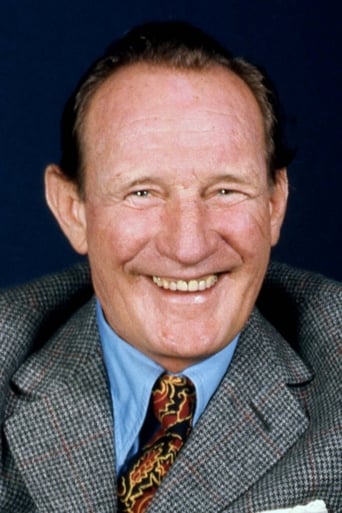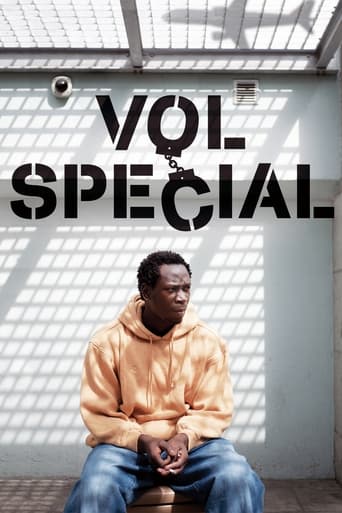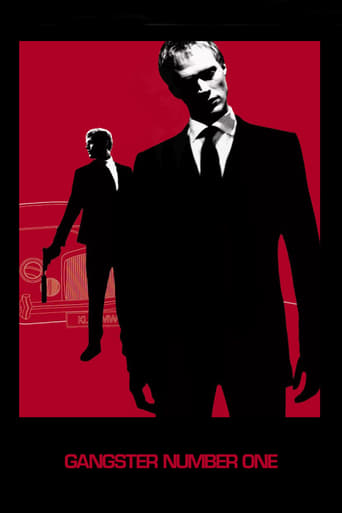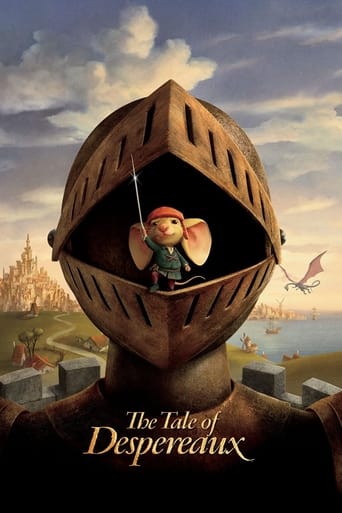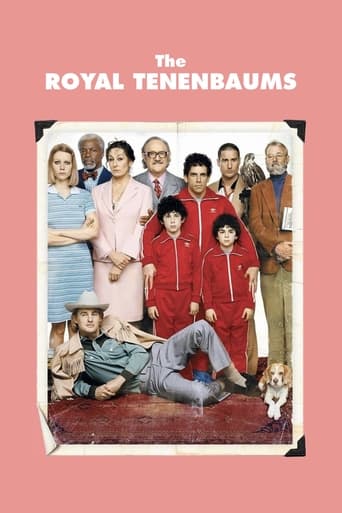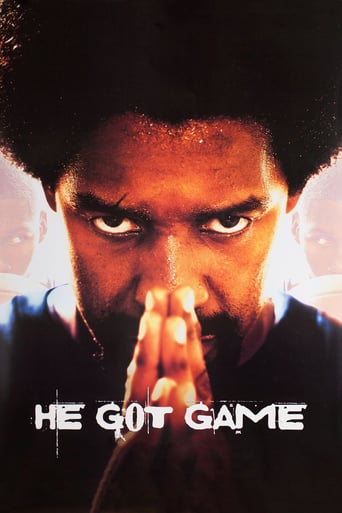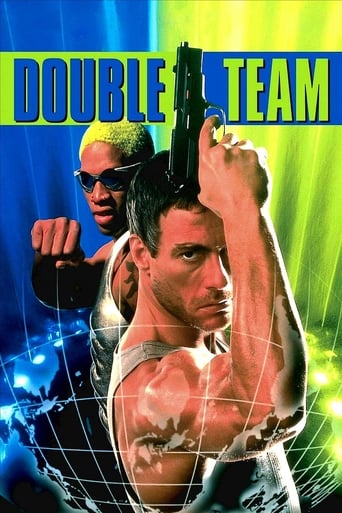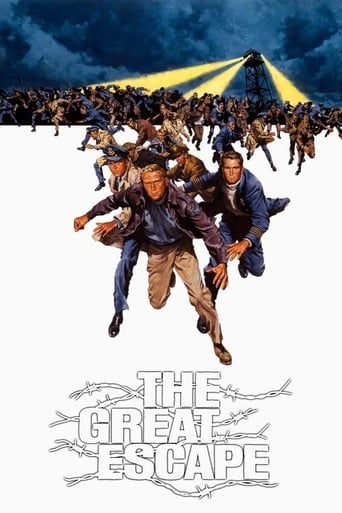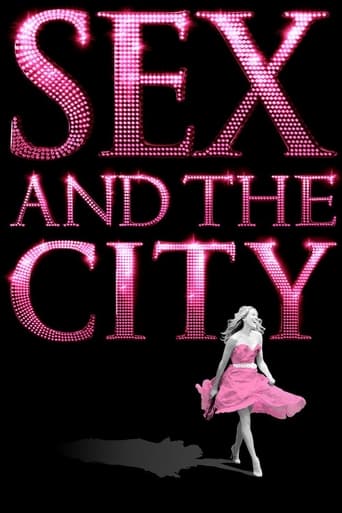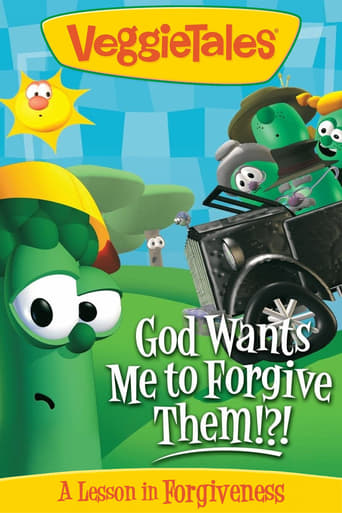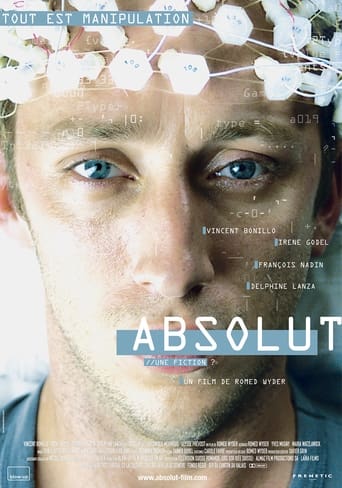The Passionate Friends (1949)
A woman is torn between the love of her life, who is married to someone else, and her older husband.
Watch Trailer
Free Trial Channels
Cast


Similar titles
Reviews
Yawn. Poorly Filmed Snooze Fest.
It really made me laugh, but for some moments I was tearing up because I could relate so much.
Strong acting helps the film overcome an uncertain premise and create characters that hold our attention absolutely.
Like the great film, it's made with a great deal of visible affection both in front of and behind the camera.
You may say that's an old plot, but hand it to David Lean, its going to be fresh as new! Powerful storytelling, masterfully directed. Like Brief Encounter, this too surfs the human soul.
Based on an H.G. Wells novel, this film has a familiar look to it for those who have seen Lean's brilliant masterpiece, A Brief Encounter. Both films were directed by David Lean; both star Trevor Howard; both are about extramarital love affairs; both are narrated—in flashback--by the unfaithful wives, Celia Johnson in A Brief Encounter and Ann Todd in The Passionate Friends; and both were released in the late 40s. But after that, the two films start to diverge a bit. This movie is a masterpiece, no doubt about it, but not in the same way as A Brief Encounter!! While A Brief Encounter takes place over a few days and seems plausible, The Passionate Friends occurs over years and seems almost impossible. In addition, in A Brief Encounter, the flow of Celia Johnson's thoughts--linked by the Rachmaninoff theme that runs throughout the movie—is a stroke of genius that has no parallel in The Passionate Friends. So, while Celia Johnson's character seems temporarily confused, Ann Todd's seems selfish and immature. Another word you could use for Todd's character is 'stuck.' I mean, anyone who can't get over an old love affair after nine years is really 'stuck.' As the movie begins, Mary Justin (Ann Todd) is on holiday in Switzerland where she will later be met by her husband, Howard Justin (Claud Rains). Howard is an international banking executive, more geared towards realism than romance. When Mary arrives at her Swiss hotel, she finds that the room adjoining hers belongs to her old romance, Steven Stratton (Trevor Howard). At this point, she starts remembering the last time she had seen Steven, nine years ago.Her memories are shown to us in flashback---In the flashback, she meets her old boyfriend, Steven, at the New Year's Eve party welcoming in 1939. Mary and Steven rekindle their old love while Howard is out of town on business. When Howard returns, he thinks that their friendship is innocent until he discovers, on his desk, the tickets for the play that they were supposed to be attending. When Howard goes to the theater and sees that those seats are empty and they aren't at the play, he and Steven openly confront each other. However, even though Mary had planned to divorce Howard to marry Steven, she relents and gives up Steven's romantic love to maintain the financial security of her marriage.As the movie returns from Mary's memories to the Swiss holiday (in the present), it appears that her faithfulness is again be tested. But, nine years have passed since her first affair with Steven. All three people had matured a bit. Steven is now married with two young children. Yet, as Steven and Mary go up into the Alps alone together, Mary still sees to imagine things as they were nine years ago, and acts accordingly...There are some fine moments in this movie, especially those with Claude Rains, who can be very cleaver and controlling. (At times, you hate him for his treachery; at other times, you feel sorry for him.) If you think about Claude Rains, he is one of the most talented actors of the 30s and 40s for portraying non-physical villains.) The movie also seems well directed, with different scenarios fitting together perfectly like a giant jigsaw puzzle. It also presents interesting dilemmas about idealism versus realism and the contrasting notions of romantic love affairs versus the loyalty and fidelity of marriage.
Lovers meet again after they had gone separate ways years earlier when she married an older man. With the parallels to "Brief Encounter," there is little doubt that Lean was going for another success like the 1945 classic. He even has Howard again playing a man involved with a married woman, but the magic is not there. In fact, it's quite a dreary affair based on a novel by Wells of all people. Not only is the script meandering, but the story is poorly structured, with flashbacks within flashbacks. It's a shame because a good cast is wasted. Todd, whom Lean married shortly after making this film, is radiant as the woman at the center of the love triangle. Howard as the lover and Rains as the unromantic husband are both fine.
This film is one of the highest peaks of David Lean's achievement as a director, and possibly it owes something to the fact that he married its star Ann Todd in the same year, which may have helped him elicit her supernaturally radiant performance. Four years earlier, Lean had made 'Brief Encounter', but this film, again with Trevor Howard as the romantic male lead, far exceeds the earlier work in subtlety and genius. Every frame is lovingly composed, and the film is a cinematic masterpiece which can stand beside any Visconti work for comparison. Three future directors worked on the film: Ronnie Neame as producer, Guy Green as Cinematographer, Clive Donner as an editor. There were three editors, and whoever was responsible for it, the final editing is a work of the highest genius. The cinematography by Guy Green and camera operating by Ossie Morris are as good as they get. Everything combined to make this film a triumph and a true work of art. The three stars, Trevor Howard, Ann Todd, and Claude Rains, all excel themselves as they enact this intimate study of a love trio, as if we were standing invisibly beside them and could see it happening, without their being aware of our presence. The tale is drawn from a novel by H. G. Wells. The novel was made into a silent film in 1922 by the famous British director, Maurice Elvey, but it is doubtful that a print of it survives, and I have never heard of anyone who ever saw it. Eric Ambler wrote the screenplay for the Lean version, with immense subtlety. The only one of the three main characters who does not have a major character flaw is Trevor Howard, who is the unfortunate emotional victim of the other two. Ann Todd's character flaw is like an invisible crack in a Ming vase: you can't see it, but the value is immeasurably lowered, as she keeps trying to warn Howard, who cannot believe it: 'My love is not worth much,' she says, and he does not hear her. She has running through her the most abject streak of cowardice, nearly impossible to detect except in extremis, but which reduces her to the status of what one would find for sale at a discount in a cracked china shop. (There used to be such a shop in the King's Road in Chelsea.) Ann Todd shines and is deeply loving and 'true', but repeatedly collapses at the crucial moment and betrays herself every time. This film should really be shown to psychology students (that is, if they could stop studying rats and take an interest in humans). Claude Rains's character flaw is a total denial of love and feeling, as he is convinced he can live without them, that they are unnecessary indulgence. Well, you can imagine the complications. Or perhaps you can't. Better to see the film. In fact, everyone should see this film who has any sensitivity, while those without sensitivity should avoid it, as they will not understand a single thing. What is evanescent is invisible to those with dull inner sight. Psychologically speaking, we have here the intricate elucidation of an invisible character flaw in a woman who appears perfectly normal, warm, glowing, and delightful. Ann Todd's performance is perfectly judged, as it is the very invisibility of her flaw that provides the emotional shock value for the film, and its importance as a lesson to us in human imperfections.

